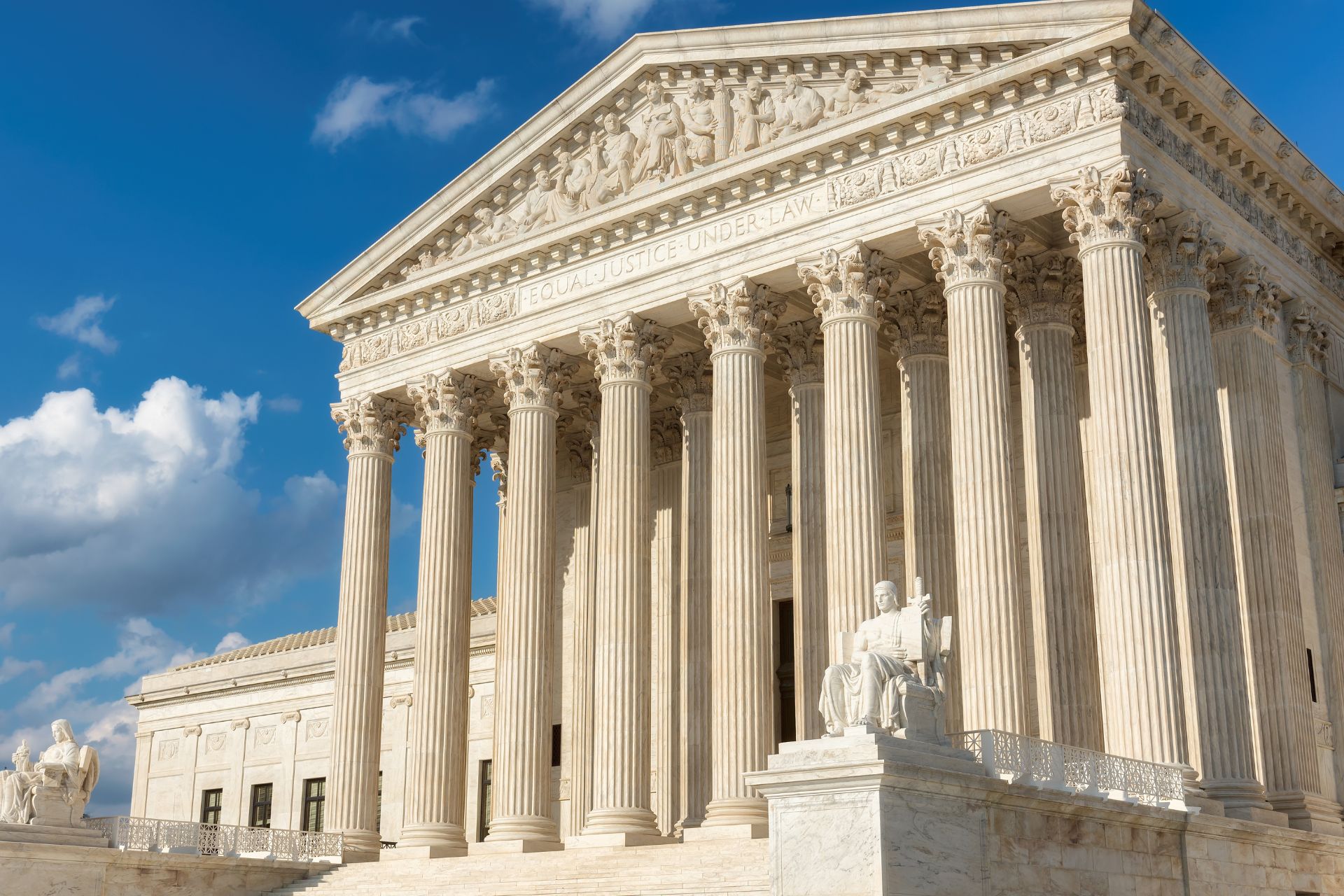The U.S. Supreme Court overturned the 1984 landmark case, Chevron v. Natural Resources Defense Council, which established what is known as “Chevron deference.” For forty years, the Chevron doctrine required courts to defer to a federal agency’s interpretation of the law if the interpretation was considered reasonable, severely limiting meaningful judicial review. Under the Chevron doctrine, if the enabling statute which established the powers and responsibilities of an administrative agency was ambiguous or silent on a specific issue, the administrative agency had the power to interpret the statute. If challenged, the courts were required to uphold the interpretation if it was based on a permissible construction of the statute. As a result, administrative agencies were empowered to interpret the law, while the courts were limited in their ability to meaningfully review administrative action. Ending Chevron restores balance to the U.S.’ three branch system of government.
With Chevron struck down, courts will no longer be required to defer to agency interpretations. Immigration advocates have long argued that Chevron gave too much power to historically flawed immigration agencies and that Chevron deference was dangerous, particularly when the consequences include serious deprivations like deportation. Overturning Chevron will empower the courts to interpret U.S. law, including immigration law. This is significant because the U.S. has not seen meaningful immigration reform in 38 years. Our immigration laws are long outdated and have been constantly subject to new interpretations to address modern concerns not previously contemplated. Now, these interpretations will be subject to increased judicial scrutiny. While Chevron heavily favored government actors, increased judicial review provides greater access for affected individuals to be meaningfully heard.
While the immediate impact remains uncertain, in the immigration context, the overturning of Chevron may prove highly beneficial. For starters, there will be greater access to judicial review in an area of law that has long suffered from unchecked agency action. It will also be harder for federal agencies to reinterpret the law and make sweeping policy changes without facing immediate legal challenges. Finally, this may serve as a catalyst to comprehensive immigration reform, as Congress is forced to legislate to address ambiguities in our existing immigration laws.
If you have questions about any U.S. immigration-related issue, contact us. Our team of attorneys works directly with our clients every step of the way throughout their immigration journey.

